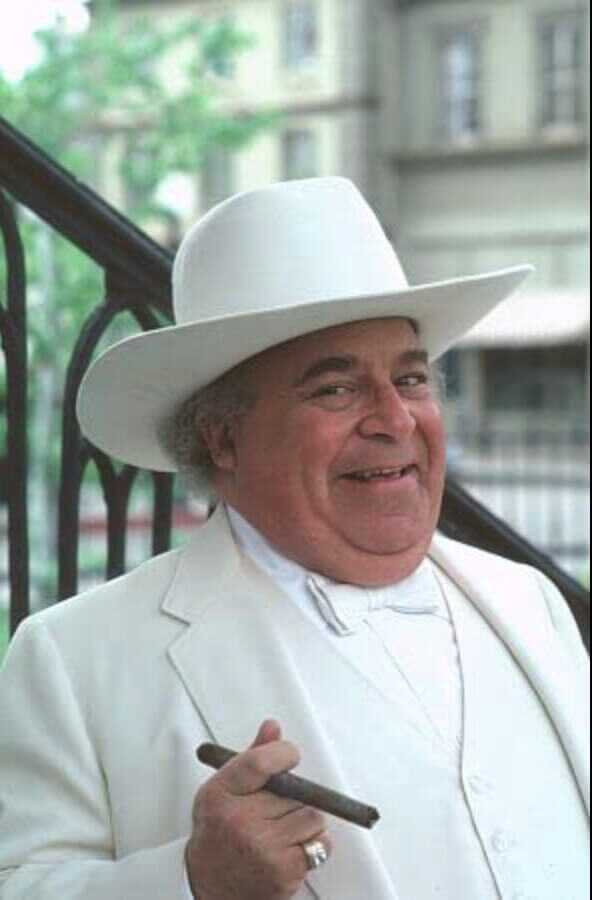
Sorrell Booke was born in Buffalo, New York, on January 4, 1930. His father, Sol Booke, was a local physician. As a very young man, Sorrell would entertain patients in his dad’s waiting room. Show business was in his blood.
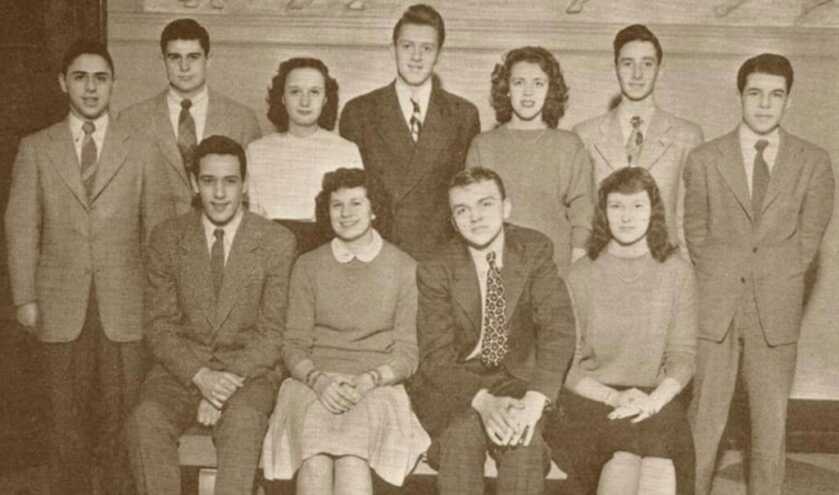
Sorrell got his first radio gig at age nine. He took to show business like a monkey on a grapefruit. From his earliest days, he was known for his impersonations. As a teenager, he won a radio contest for his rendition of Adolf Hitler. Throughout his High School years, young Sorrell worked regularly on local radio shows. He graduated as valedictorian of his High School class in 1946 at the age of sixteen.
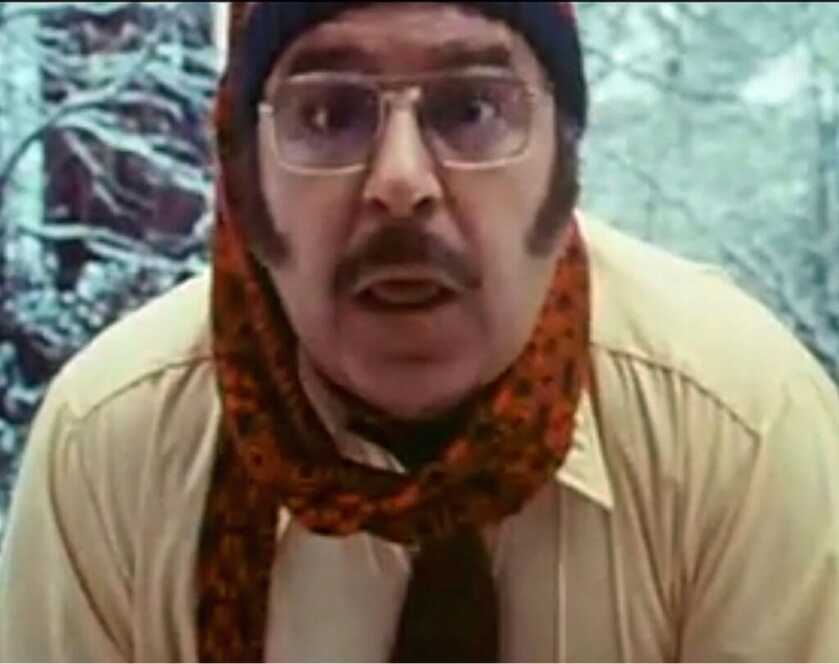
Sorrell Booke’s filmography was extensive, to say the least. He was featured in more than 100 theatrical productions and 150 television shows. His most popular persona across several venues was an overweight bumbling ne’er-do-well. His best-recognized specific role was that of Jefferson Davis “Boss” Hogg, a corrupt local Southern politician on the wildly popular TV show The Dukes of Hazzard.

When I was growing up we had a Labrador retriever by the name of Boss Hogg. We called him Boss. He was a fine hound.
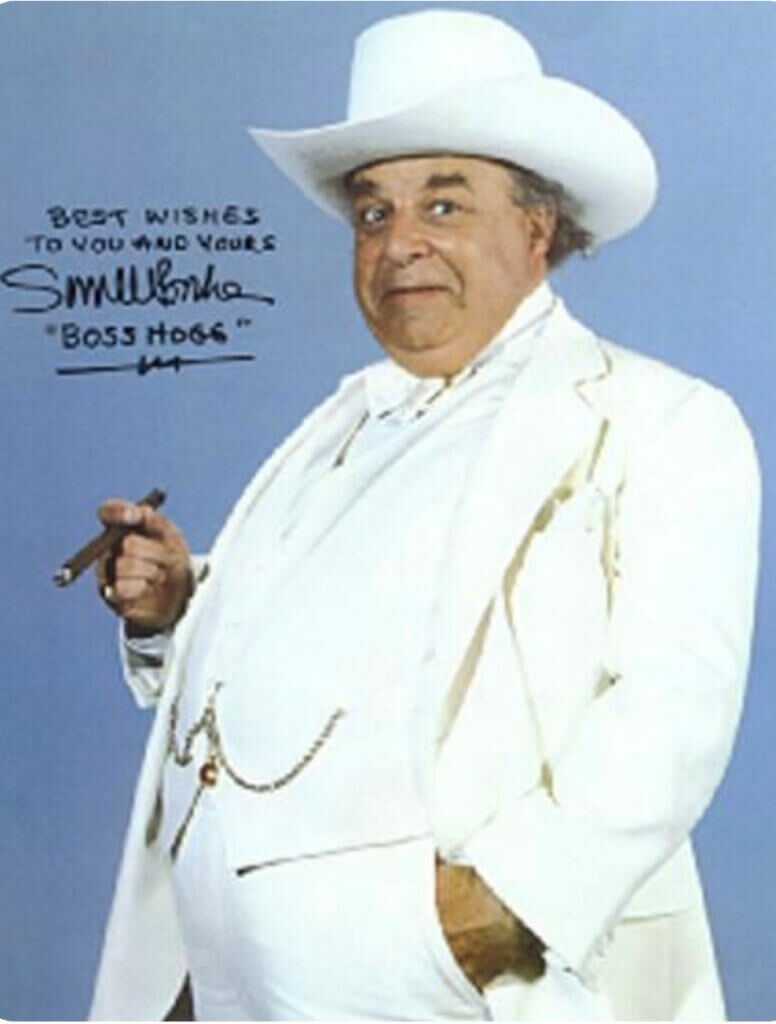
At the time he played Boss Hogg, Sorrell Booke stood five foot six inches tall and weighed 185 pounds. He wore a padded costume and adopted a waddling gait to make himself appear more obese. The physicality he brought to the role is what really made it sing.
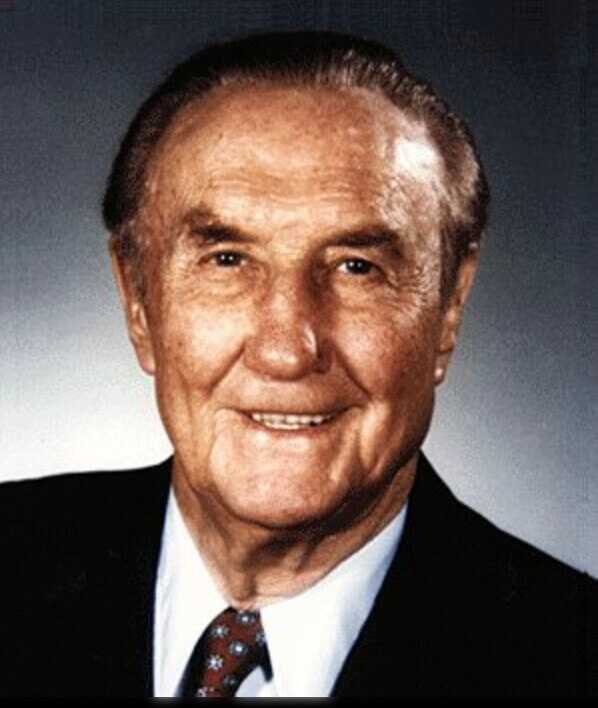
Booke was a New York Yankee playing a Georgia fat cat politician. He modeled his characteristic Southern drawl after that of US Senators Strom Thurmond and Sam Ervin. His mastery of the character was arguably the most compelling performance from what was obviously an exceptionally talented cast.
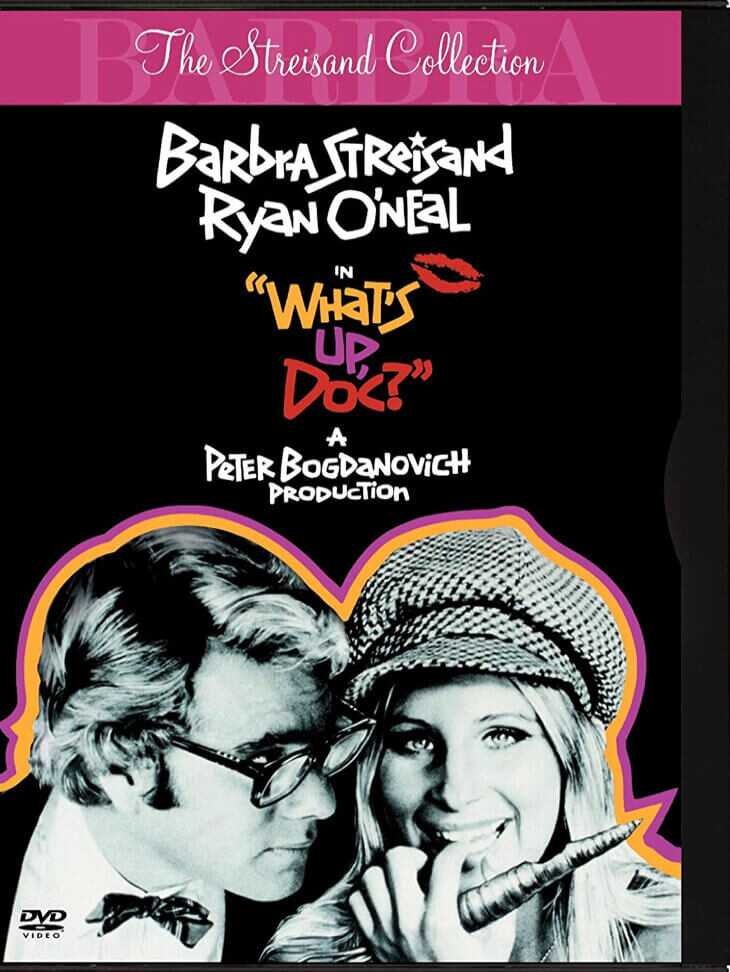
While Boss Hogg’s bumbling tirades were comical, Booke’s performance pales in comparison to his depiction of a malevolent hotel detective in What’s Up, Doc? This Ryan O’Neil/Barbara Streisand slapstick comedy is one of the funniest movies ever filmed. It is also rated G. What’s Up, Doc? stands in extraordinary testament to the fact that superb writing and exceptional comedic chops can synergistically produce an absolutely hilarious cinematic experience without descending into depths of vulgarity and sex. If you’ve never seen it I challenge you to do so. You’ll thank me later.
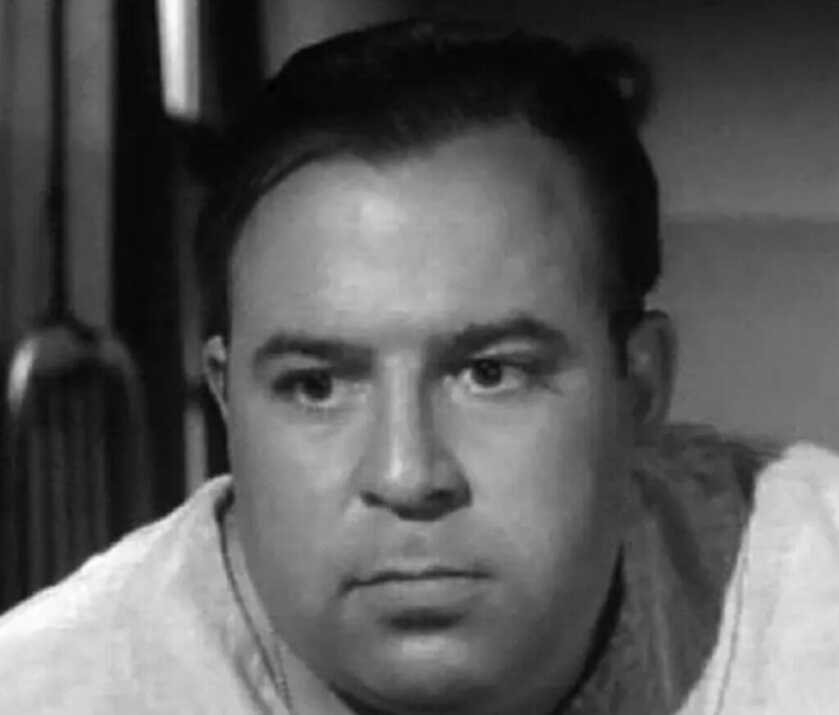
While most of Booke’s characters seem like idiots, in real life Sorrell was anything but. After graduating early from High School, Booke enrolled in Columbia University. The young man thrived in the Ivy League, performing Shakespeare with the Columbia Drama Club. Booke graduated in three years and then completed a Master’s of Fine Arts program at Yale. Along the way, he found that he had a gift for languages.
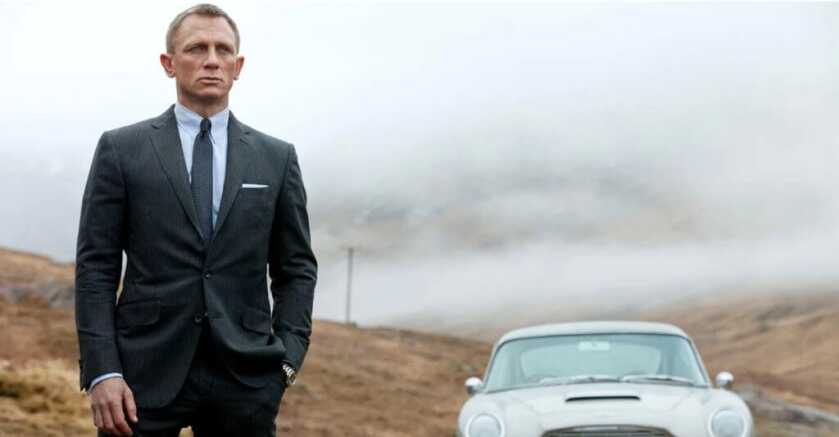
Booke ultimately became fluent in Japanese, Russian, French, Italian, and Spanish. He had a passing familiarity with another half a dozen dialects. By the time he finished at Yale, the United States was being drawn into the Korean War. Now in his early twenties and well educated, Booke was expected to serve his country. When Uncle Sam found out this youthful actor could speak all those languages, he did what you might expect. The Army made Sorrell Booke a spy.
The Korean War
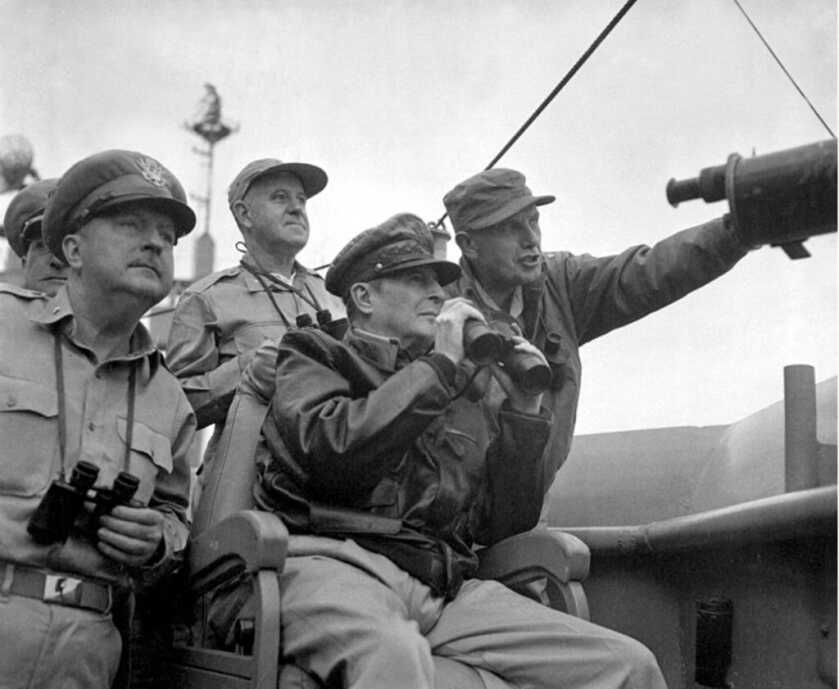
South Koreans called it the “625 War” after the June 25th commencement of hostilities. The North Koreans called it the “Fatherland Liberation War.” The mainland Chinese called it “Resist America and Assist Korea.” President Truman referred to it as a “police action” because of its execution under the umbrella of the United Nations. That ended up a taint.
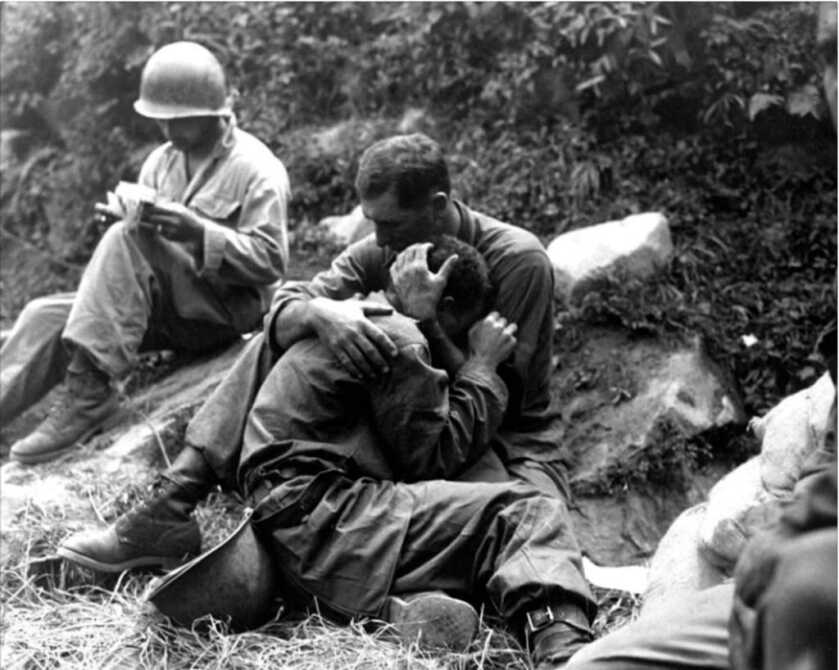
The Korean War was the red-headed stepchild of American military conflicts. World War 2 was a righteous crusade that galvanized the planet. Vietnam was a massive angst generator. The Korean War has been known as the “Unknown War” or the “Forgotten War” because of its relative dearth of public attention. It didn’t help that the whole sordid mess just stopped with a ceasefire rather than a formal truce, victory, or capitulation. The lack of closure made it difficult to celebrate. However, the heroism, valor, and selflessness of the Allied troops who served there rivaled anything found in any other armed conflict.
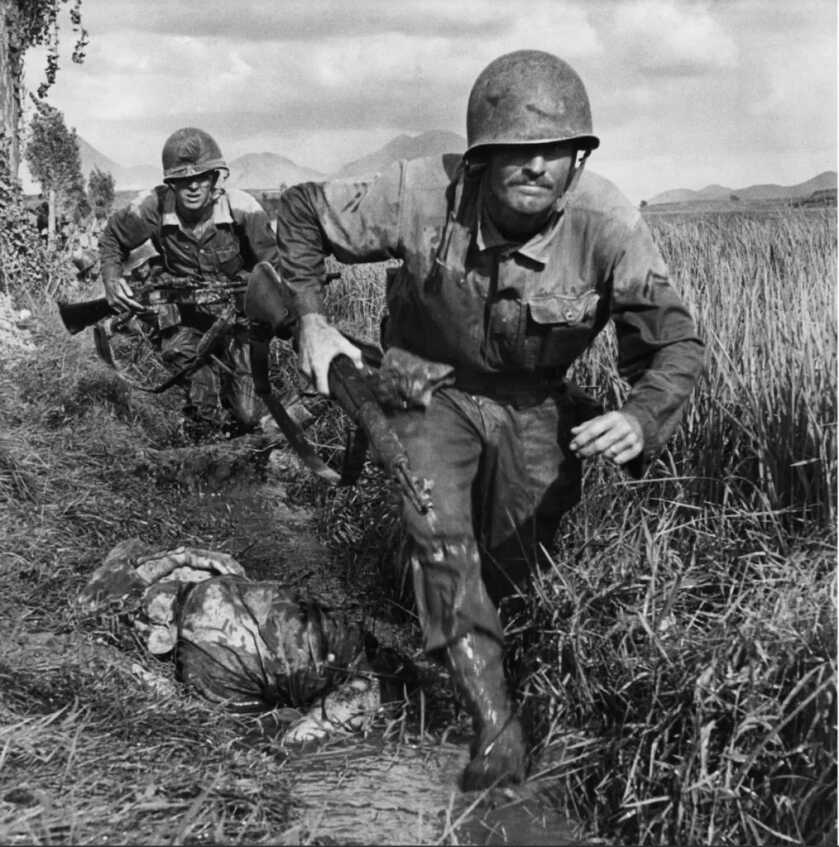
The United Nations ultimately committed some 1.78 million troops to the war. On the other side of the line stood around 3 million communists. Like all massive wars, the final casualty figures were difficult to ascertain with any reliability. Nearly 40,000 Americans died in action. Somewhere between 2 and 3 million civilians perished.
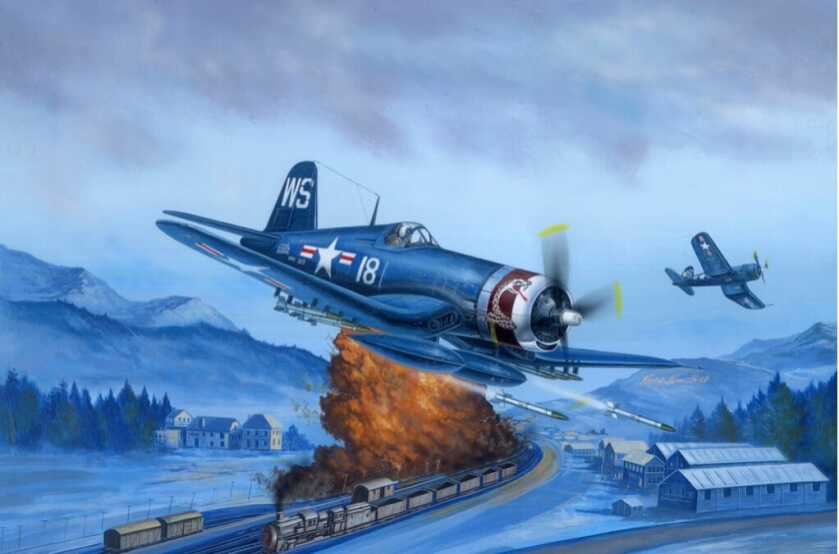
The United States fought the Korean War predominantly with weapons left over from World War 2. State-of-the-art combat jets like the F86 Sabre, the P80 Shooting Star, and the F9F Panther served alongside WW2-vintage F51 Mustangs and F4U Corsairs. Allied armor included M4 Shermans, M24 Chaffees, M26 Pershings, and M46 Pattons.

Small arms included the Browning Automatic Rifle, the M1919 Browning machinegun, the M1 Garand, and the M2 carbine. Friends who were there have told me that most of the carbines in theater were selective fire M2 variants. I have had several veterans tell me that the M2 was not terribly popular as it was viewed to be inadequately reliable in the frozen wastes that characterized Korea.

Nowadays the world seems so terribly formalized. If you want to be a Navy SEAL, a CIA SAD (Special Activities Division) officer, or a Delta operator there is an incredibly arduous path you follow to achieve those goals. Back during the Korean War, however, folks just figured it out as they went along. We had a certain body of institutional knowledge that the OSS had accumulated during WW2, but Korea was not Western Europe. Korean War-era counter-intelligence operatives just did what it took to get the job done. Along the way, they helped write the book on modern covert operations.
Sorrell Booke—Spy
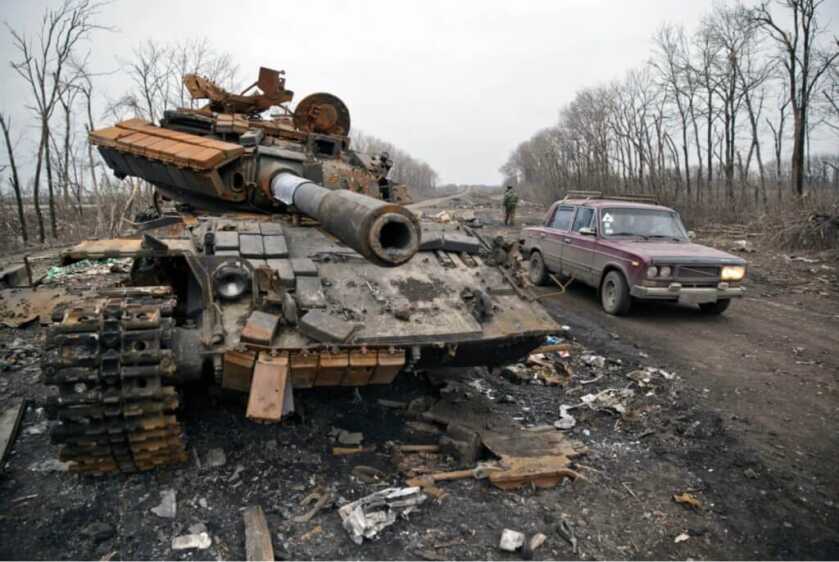
As flamboyant and outgoing as Sorrell Booke was, like most guys who did what he did, the man wasn’t terribly chatty about the details of his wartime experiences. In any modern armed conflict, the war unfolds in layers. For every Russian tank we see explode in Ukraine on YouTube there are logisticians moving weapons, Special Forces troops training indigenous combatants, and legions of intelligence analysts and operatives gathering and disseminating information on enemy activities and dispositions. Sorrell Booke was tasked to help foil the intelligence-gathering efforts of the North Koreans and Chinese.
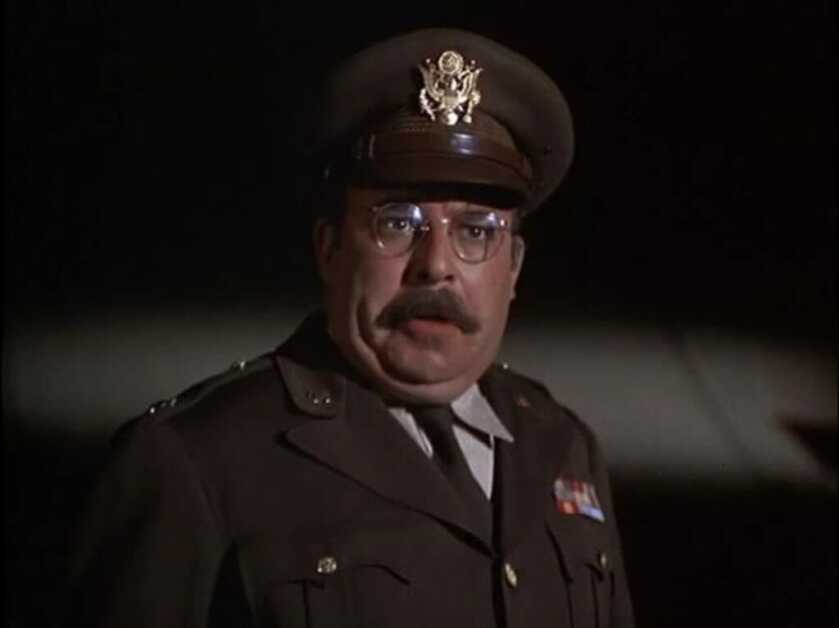
Booke’s unique linguistic skillsets served as a foundation. His duties included assessing terrain with an eye toward favorability for both friendly and enemy formations, debriefing escaped and exchanged allied POWs, and helping monitor communist intelligence efforts in both Korea and Japan.
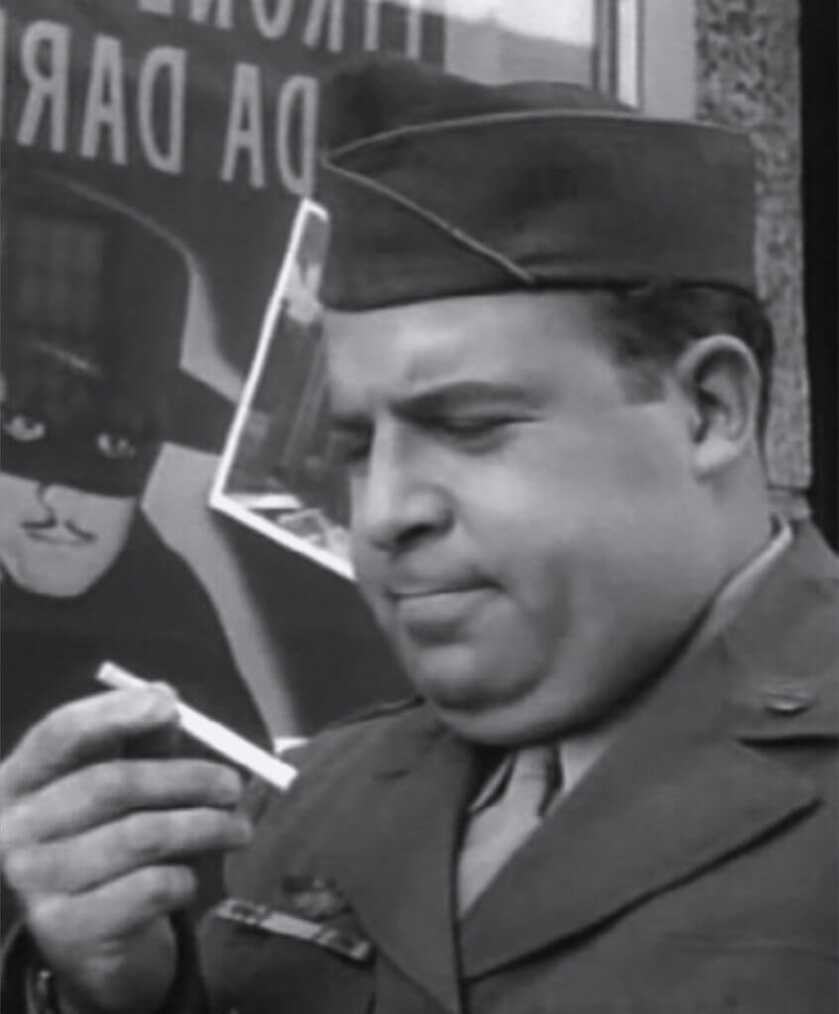
Booke was purportedly instrumental in the capture and interrogation of North Korean and Chinese intelligence operatives. His efforts in concert with those of his comrades significantly curtailed the ability of the enemy to gather and report HUMINT (Human Intelligence). At some point in the process, he was commissioned. He left the military as a Lieutenant.
The Rest of the Story…
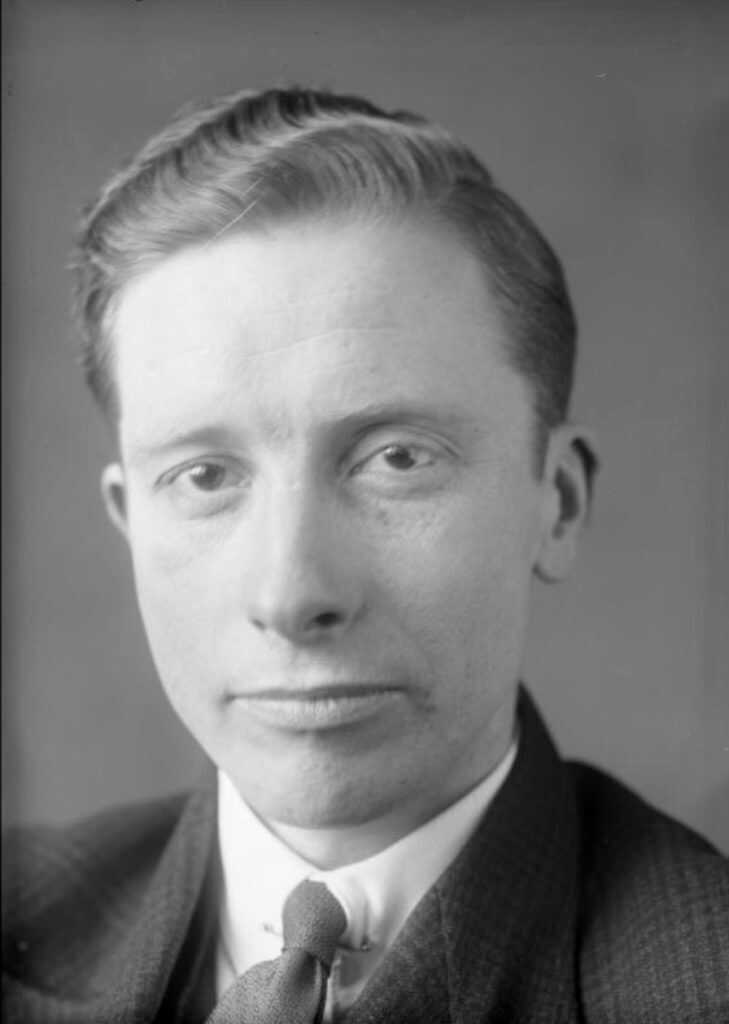
Sorrell Booke married Miranda Knickerbocker in 1958. Miranda was the third daughter of Pulitzer Prize-winning journalist Hubert Renfro Knickerbocker. The elder Knickerbocker earned his accolades reporting on European affairs before and during World War 2. Along the way, he interviewed the likes of Benito Mussolini, Gregor Strasser, and Keke Geladze, Josef Stalin’s mother. Together Miranda and Sorrell had two children. They divorced in 1973.
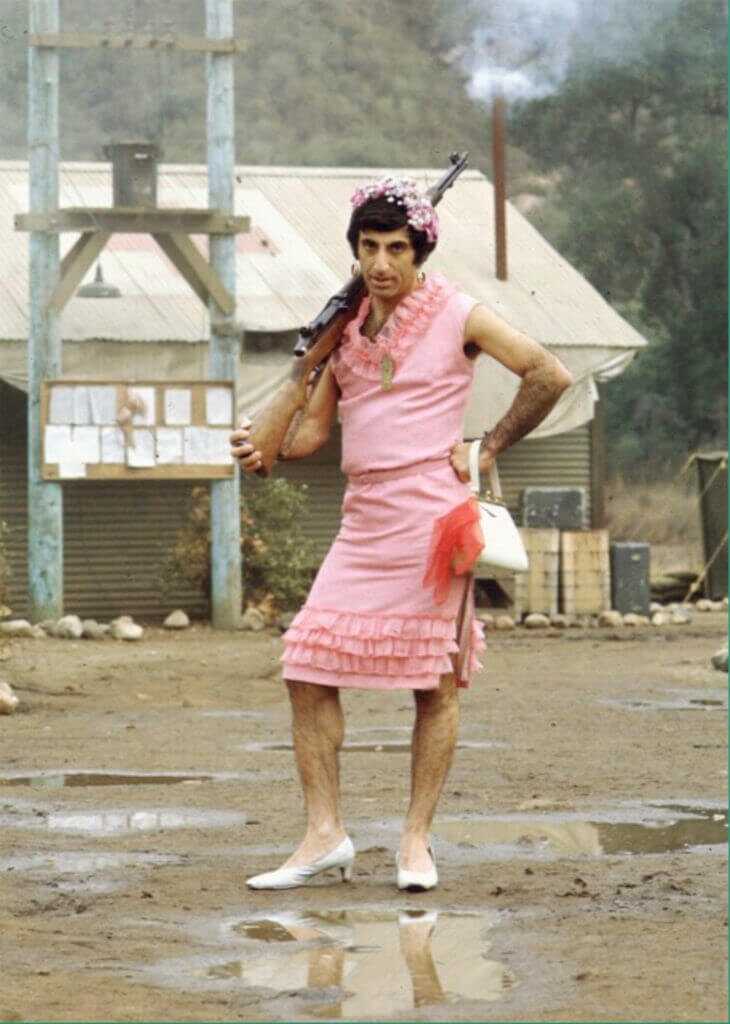
Booke’s TV credits included Dr. Kildare, Mission: Impossible, All in the Family, Good Times, Gunsmoke, Hawaii 50, Soap, and many more. He guest starred on two episodes of MASH, and helped introduce Jamie Farr’s iconic cross-dressing character, Corporal Klinger. Haven’t we come a long way since then? Throughout it all, Booke’s most memorable role was that of Boss Hogg.
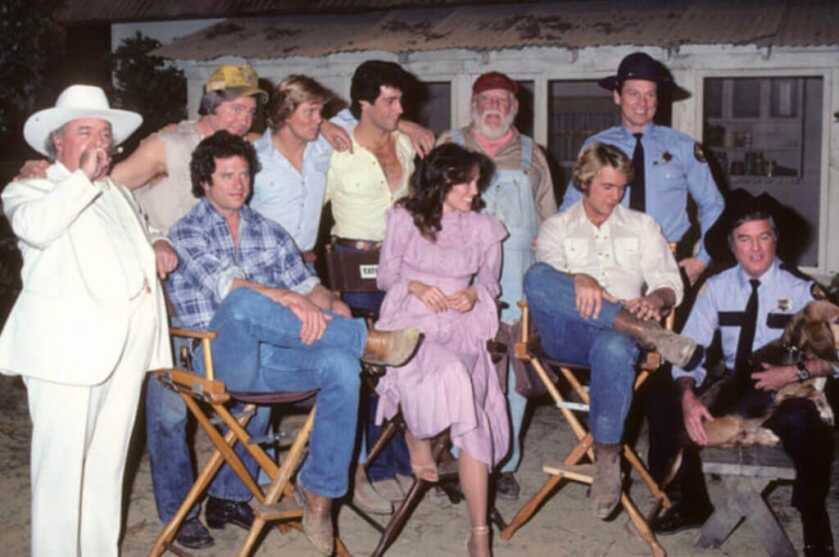
Booke insisted upon a clause in his contract governing the depiction of his character in The Dukes of Hazzard. He knew his job would be to be despicable. However, he insisted that his character never deal drugs or kill anybody. He demanded that these two stipulations be spelled out in writing before he would take the part.
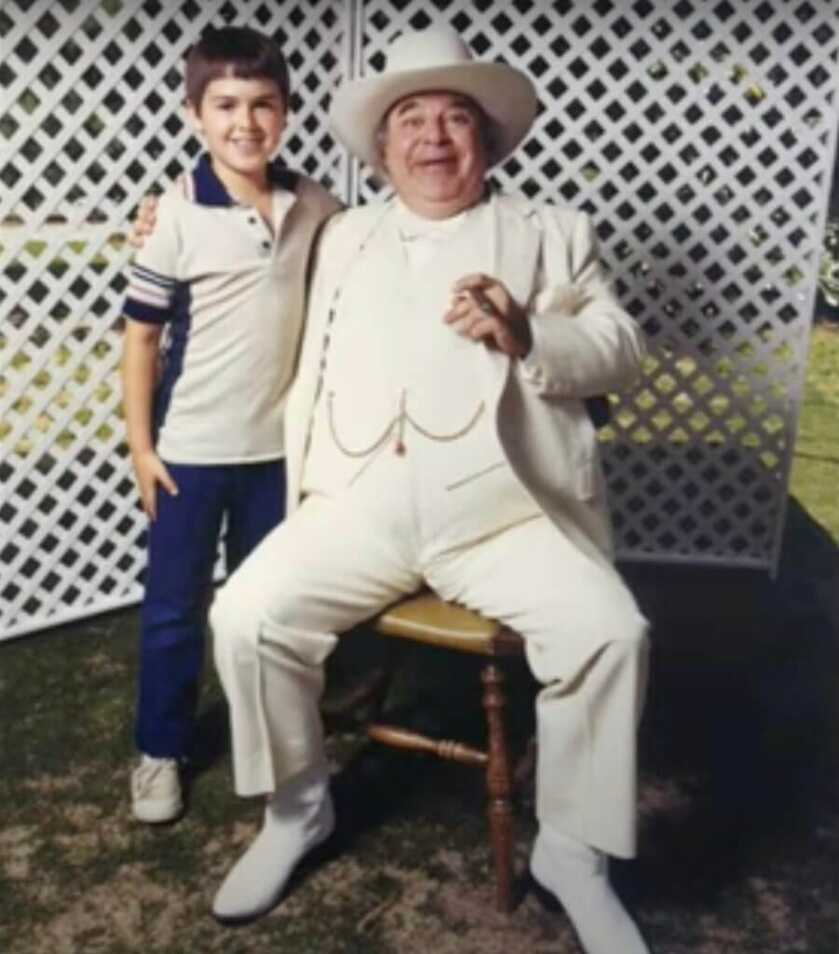
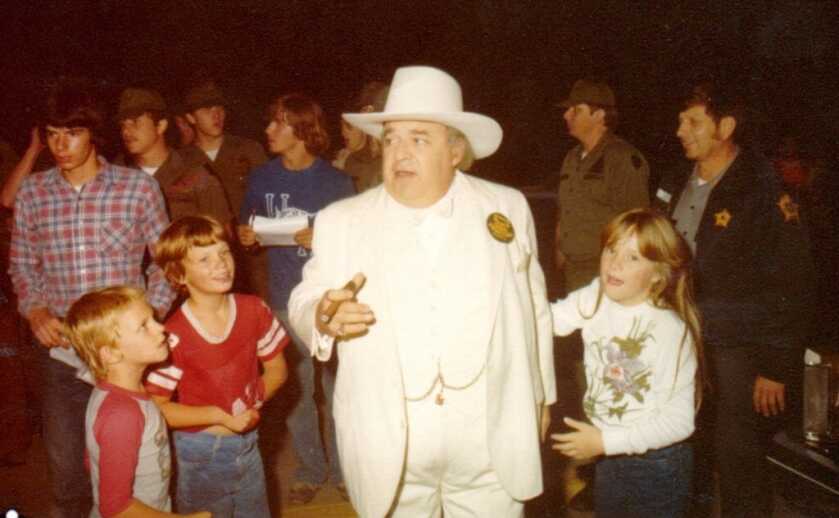
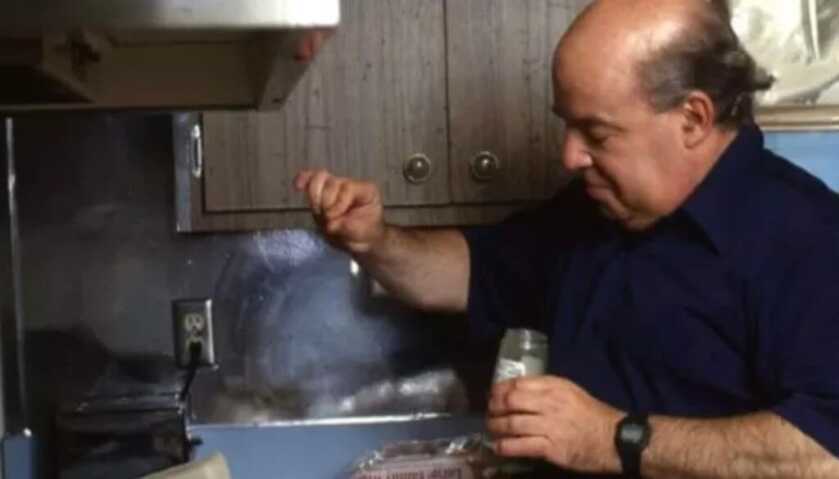
In researching this article I found several anecdotes from fans who had met Booke at various official functions. Without exception, they described the man as gracious, personable, humble, and nice. Later in his life, he started buying up old houses and restoring them himself. He did his own gardening and carpentry. He ultimately amassed a personal estate of about $1.5 million but lived in a small non-descript home with normal neighbors in Los Angeles.
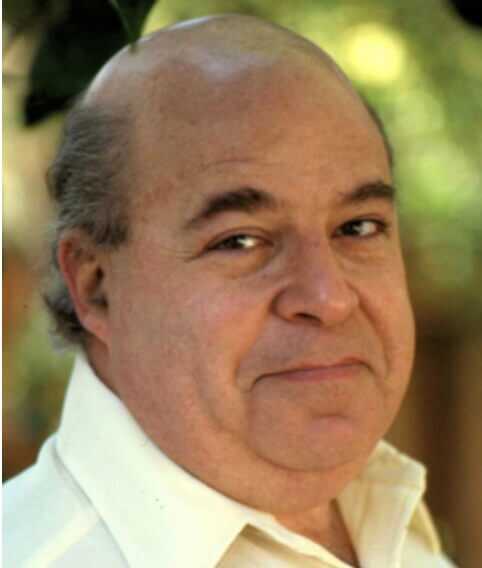
Booke directed a couple of Dukes episodes as did James Best, the actor who played Rosco P. Coltrane. As his health declined Booke stopped appearing on the screen but still maintained an active schedule as a voice actor. In the early 1990’s, Booke developed colorectal cancer. He eventually succumbed to the disease in February of 1994 and was buried in Culver City, California. Actor, radio personality, linguist, singer, combat veteran, and spy, Sorrell Booke was a true renaissance man.
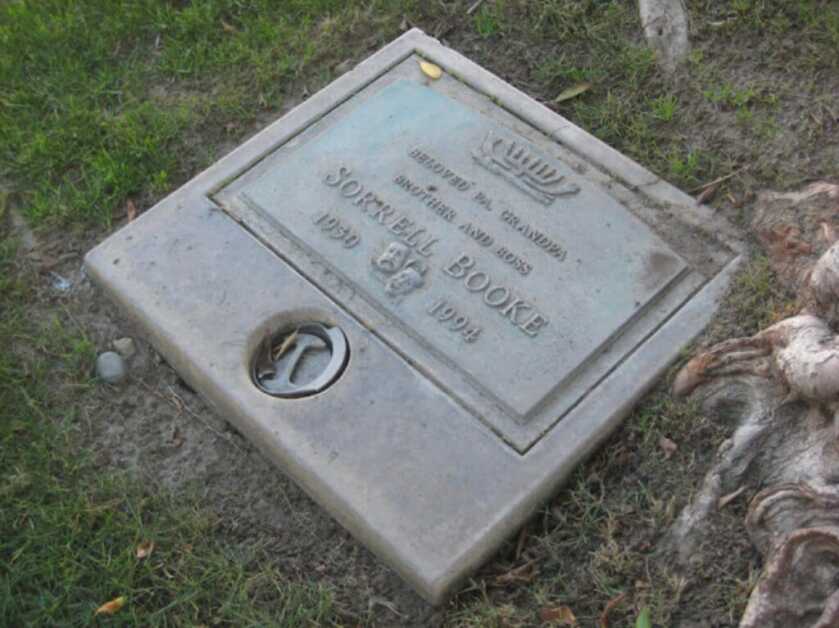

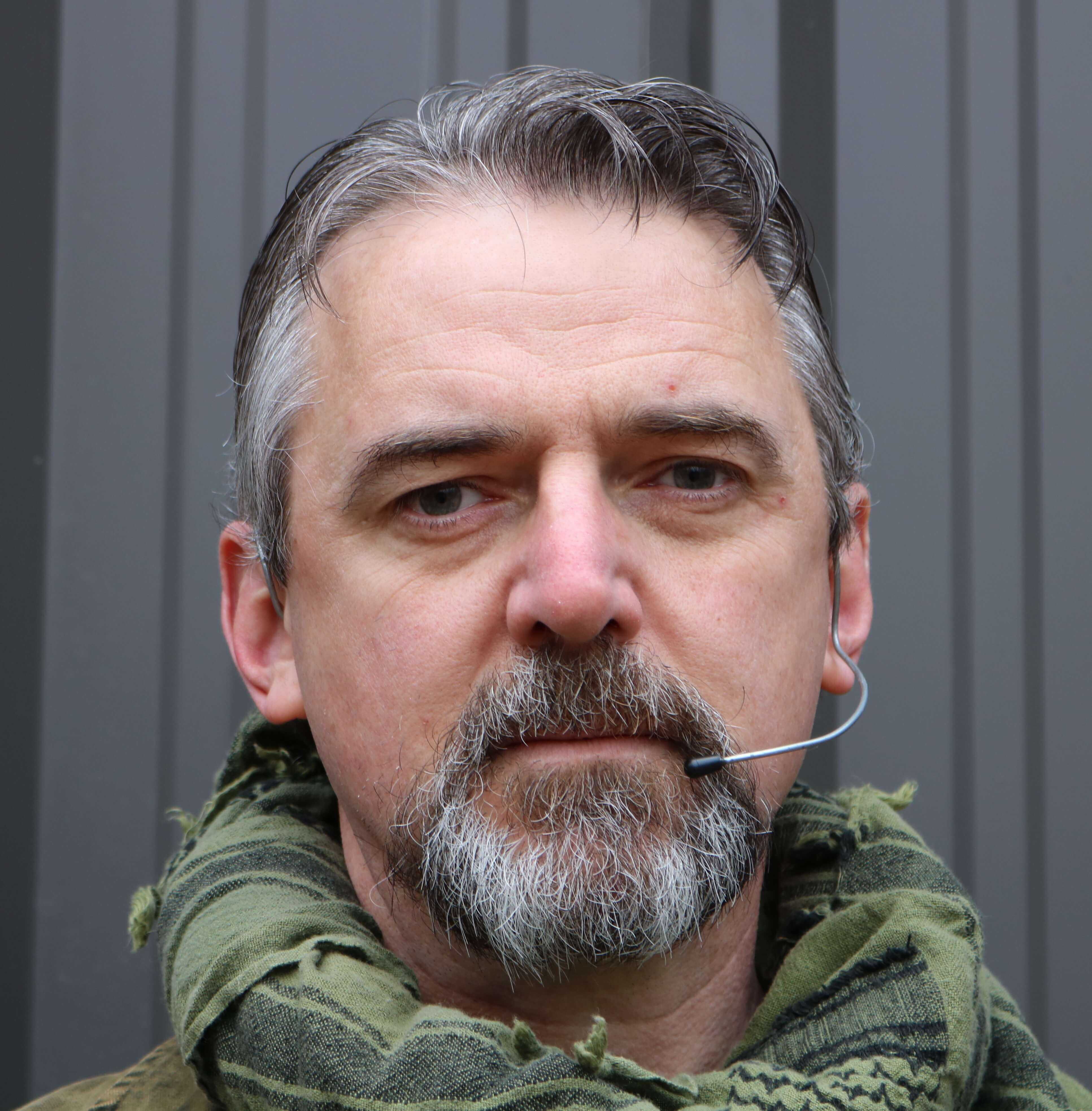
Another fascinating story sir!
I loved watching the dukes as a teen but I had no idea that there was a heck of a lot more than meets the eye about boss hogg. Thank you for this information
Gosh I sure would like to get my hands on one of those M2 carbines. Thank you sir for another interesting story about how bad ass our country used to be.
Loved him playing a taxidermist in Kolchack the Night Stalker.
These articles are some of the most interesting and entertaining.
Always great reading. Thank you again Sir.
What a Great article. Never knew any of this about the man behind the J.D.”Boss” Hogg character, and the Patriof he was.
Thank you.
Always a great read thank you for that.
I’ve long contemplated why the United States has it seems a standing policy to kill off, maim, physiologically screw up, the best of its breeding stock on foreign soil. Whether one belives these foreign adventures justified or not theres no denying we have paid a high price for what is essentially in the last 20 years- for nothing. Now the dipshits in D.C. are wrapping themselves in the flag and beating the drums to get American kids involved in another goat screw. I know- lets send all these politicians in first and thire kids/ grandkids regardless of age- hey they can hump ammo cans can’t they?
The civil war 750,000
The United States assembled an Alliance in 1944 at a ski resort in Brenton Woods, NH. We guaranteed freedom, to trade, access to markets and access to the US Market, protected by the American Navy. We basically replaced the Colonial Models of the 20th Century, which lead to numerous conflicts and two World Wars. We didn’t need to do this as only around 8% of our economy is based upon international trade.
In exchange for this, we demanded that the free world stand on the front lines to oppose the Communists during the Cold War. It worked and the Soviets fell in 1992. Korea was the first big war of the Cold War and arguably the 1991 Gulf War was the last. Along the way, we had Vietnam and lots of little wars to keep the Russians out of the rest of the world.
If you think this was a “Waste” of time and resources, remember Hitler murdered Millions, Stalin murder around 2 to 3 times what Hitler did and Mao murdered much more than both combined. Not to leave out the killing fields in Cambodia. The largest cause of death in the 20th century wasn’t war, it was communist murder. So in retrospect, if you don’t know history, it was a waste of time and resources, but we won and Millions were saved from death and poverty under communism and millions died in that undeclared war, that lasted 47 years.
Sometimes you do the best you can. Life is frequently composed of two Bad Choices and that’s what the Cold War was.
The Ukraine War is simply Catherine the Great’s strategy from the 1850’s that to secure Russia, you must expand it’s borders. The problem with this outdated thinking is that this requires the Russians to continue to push its borders out to either 1918 or 1945 border lines, either of which means war with NATO.
Fortunately, like the Japanese in the Solomon Islands, the Russians have fixed themselves in a place where we can slowly grind them down and kill them. They with either lose a half a million men and go home, use nukes or simply perish as a country. All are wins for the West.
Trike in The Muck seems to forget we have only gone to war against bastards who have attacked and/or declared war on us, or gunned-up to assist allies who have been unjustly attacked; we should let them have their way? Not fight back? Bow down, bend over, scrape knee and bash forehead, open our door, go all hari-kari with seppukko? Themdems have claimed (incorrectly?) that they have never started a war, thats the fault of republican presidents. But its congress, not the president, who gets to make that decision. Yeah, the ones you voted-in. If ya dint vote? No complaining for you!
Great observation on the Corsair and thanks. I’ll update the prose.
Wow! I grew up watching “Dukes” back when it was 1st aired. I was always thinking “Boss Hogg” was just some bumbling corrupt wannabe politician. Never had I a clue of his past. I can appreciate him differently now. Thanks!
My favorite Sorrell Brooks part was in the movie: “Failsafe”. Although not a major character in it, he was totally believable (as was the movie).
Doctor Dabbs, you never disappoint. What an interesting story. I had no idea Boss Hogg was a renaissance man. Well done, Sir.
Loved the article and I had no idea that “Boss Hog” was a landsman; a fellow Jew!
One small inaccuracy in your photo caption; the F4U Corsair was most certainly NOT brought out of retirement for Korea. In fact, it was the ONLY American fighter plane whose contracts were not canceled at the end of WWII in the Pacific.
This is even more astounding when you realize that the Douglas Skyraider was already well into production and fleet service…
On a similar note, the movie “Devotion” is set to come out in October; the Adam Makos book is a fantastic read for any war buff!